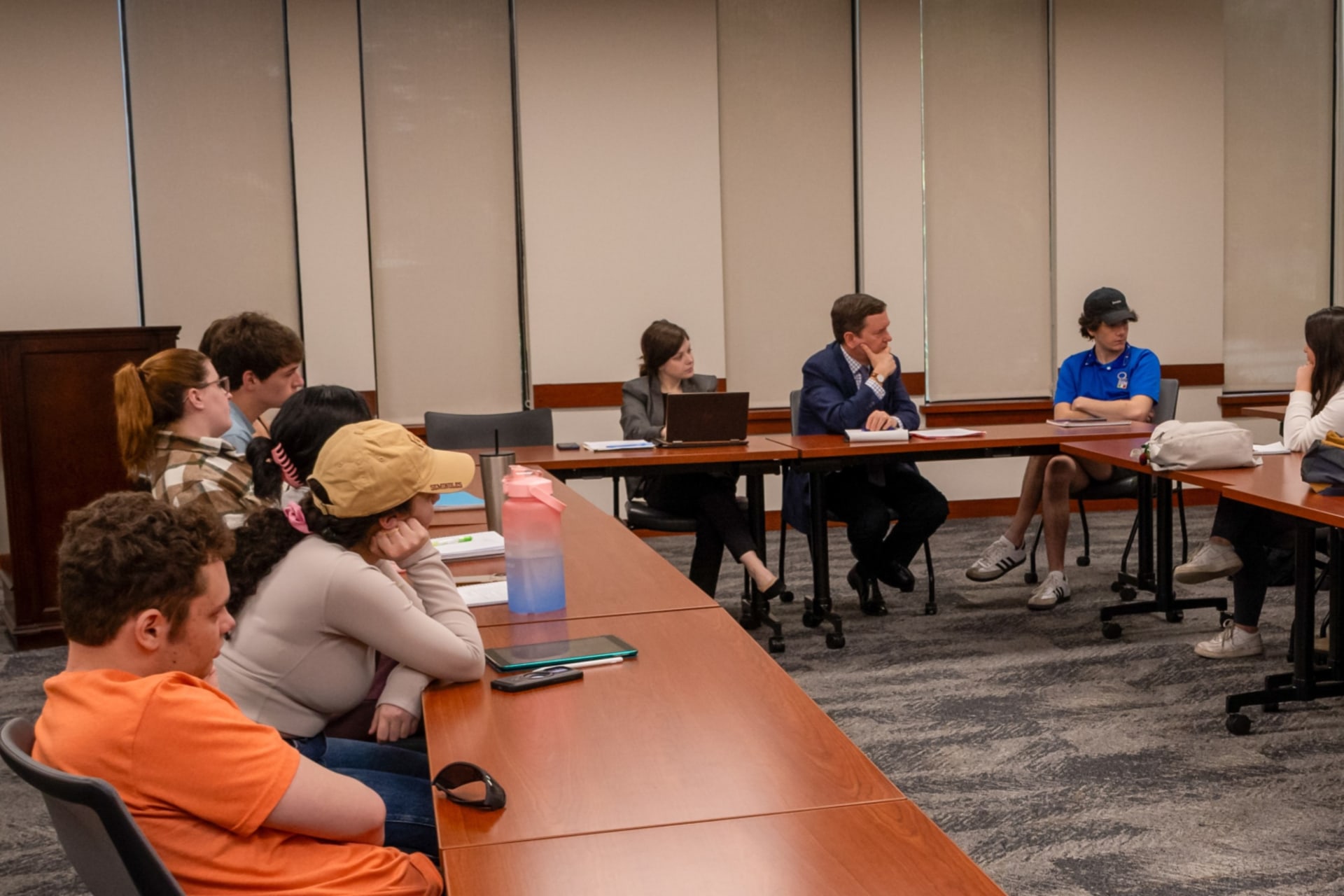Leadership Starts With Listening
Building a durable consensus for U.S. economic leadership requires listening to what Americans think. The first stop in the RealEcon team’s listening tour was Florida.

The first step in rebuilding a consensus for American economic leadership is understanding what Americans think about trade, investment, foreign aid, and other forms of U.S. engagement in the international economy. To that end, the RealEcon team at the Council on Foreign Relations has launched a listening tour that will take us around the country over the coming year to meet with a broad array of local officials, business leaders, educators and students, journalists, and others.
Our first stop was Florida, which we visited in early March. We spent a full day in the capital, Tallahassee, meeting with the governor’s director of policy and budget, a former speaker of the Florida House of Representatives, a former executive director and chief investment officer of the Florida State Board of Administration, the current president and students of Florida State University, and a local reporter who has long experience following state politics.
We then spent a few days in Miami, meeting with Miami-Dade County’s chief resilience officer and deputy chief resilience officer, students and faculty at Miami Dade College and Florida International University, a local business leader, journalists, and members of the Council on Foreign Relations based in southern Florida.
The trip to Florida validated the importance of getting outside the Beltway and listening to local perspectives on how U.S. involvement in the international economy affects Americans. After even a brief visit, we came away with a greater appreciation for how Americans in Florida view trade, investment, climate change, and other important international economic issues. We look forward to gaining additional perspective as we make our way around the country.
We also learned a lot about Florida’s economy, which is heavily dependent on agriculture, tourism, and trade. The economy reflects the diversity of the state, which includes vast swaths of agricultural land and a major international city known for its trade, immigrants, and tourism—fittingly named “the gateway to Latin America.” Unsurprisingly, in Miami, we heard quite a few people express a desire to see the United States increase engagement with Latin America. Despite their cities’ differences, many young people in both Tallahassee and Miami wanted cheaper, better-quality goods regardless of where those goods were made. Like other middle-class Americans, they do not have the financial flexibility to pay higher prices. Yet we also heard concerns about the disruptive effects of trade; for example, the Florida tomato industry expressed early opposition to the U.S.-Mexico-Canada Agreement because of increased competition from Mexican tomato farmers.
We are planning our next trip to Wisconsin in late April to talk to local officials, farmers, and small-business owners. We will continue to make stops in a number of states across the country through the rest of the year to hear from as many Americans as possible. In the same spirit of listening, we intend to conduct two parallel tours over the coming year of industrialized and developing economies.